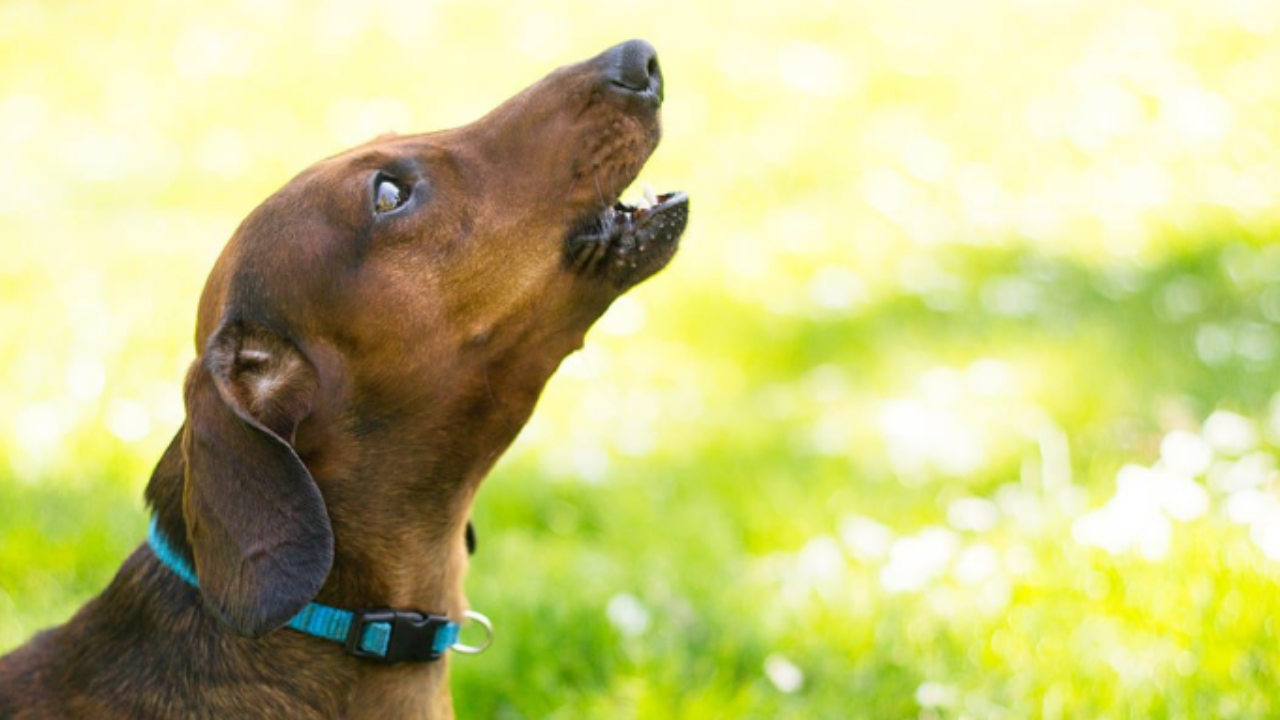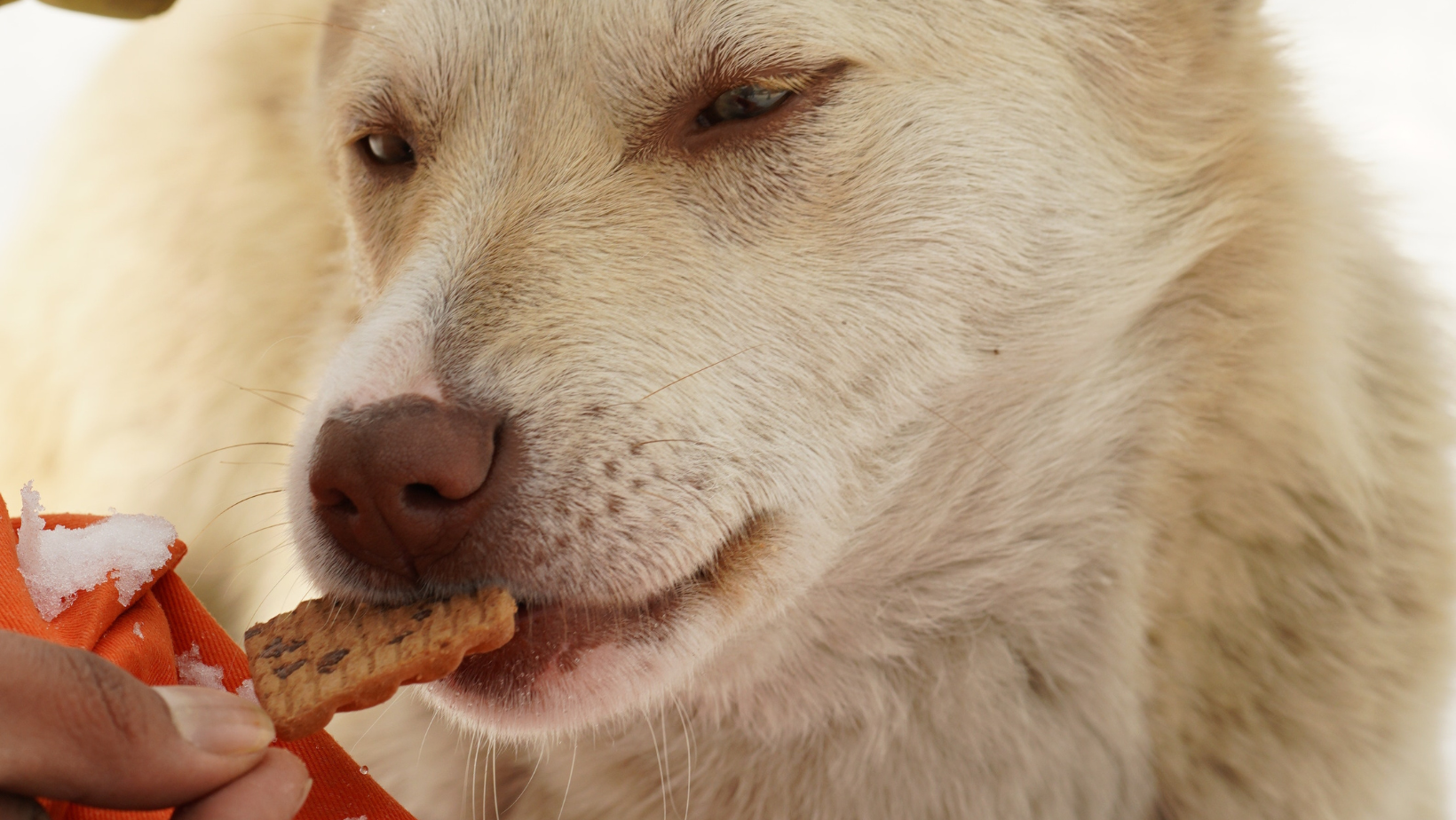Puppy Crying: Why it Happens and How to Help

Puppies pick up on how to communicate with you by acting in certain ways (wagging tail, eye contact, cuddling up next to you, etc.). They vocalise when they want to communicate. Your dog might create a wide variety of noises. booming barks, piercing yips, and yes, even wailing and crying. The saddest noises, like whimpering and sobbing, might be the most difficult for a loving dog owner to handle. When a puppy sobs, your heart breaks. Lets’s discuss Puppy Crying: Why it Happens and How to Help.
What makes your puppy weep, then? It depends, but frequently you may infer anything from the timing of the sobbing.
There are six main reasons why dogs cry
It’s time to talk about the six potential causes of your puppy’s sobbing. Before continuing with this investigation, it’s crucial to keep in mind that you must allow your puppy time to become used to their new surroundings.
Consider this: your puppy was accustomed to live with their mother and other members of their litter. Your puppy taking some time to adjust to their new environment and people is very natural and to be anticipated.
There are several causes for your puppy’s crying. Just like a human infant, they are attempting to communicate with you that they have a need, and they will cry until you satisfy that need. As a result, it’s critical that you handle your sobbing puppy appropriately.
Even though your new dog may be a puppy, the manner you handle their weeping might have a big influence on how they behaved afterwards.
Your puppy doesn’t feel well
An sickness is the primary potential reason for your puppy’s weeping. If your puppy continues to weep or whimper, it may be an indication that something is wrong with them. In order to find out what could be wrong, you need consult a reliable veterinarian.
You should also be vigilant for any further sickness signs. Lethargy, vomiting, dizziness, diarrhoea, having no appetite, and even faster breathing are examples of this.
On the other hand, if you see that your dog is biting, scratching excessively in one spot, or licking excessively, this may indicate that they are battling an infection, parasite, allergy, or other skin issue.
Whatever the situation, it’s important to investigate. And if you’ve observed that your usually friendly and cuddly dog is being antisocial or refusing to be petted, they may have an injury or be in discomfort. Bring your puppy to the vet as soon as you can if you see any of the aforementioned symptoms.
Your puppy is lonely
As was already established, your puppy is a sociable animal. After being cut apart from their siblings and mother, kids could become even more dependent as they learn to live on their own. One possible cause of their crying is this.
Fortunately, you can do something to assist. Keeping your puppy close by is a smart strategy for helping them. Even in high-traffic areas of your house, you may place boxes. By doing this, you can be sure that your puppy won’t feel alone and will instead feel like a part of the family.
Another alternative is to use a leash to attach your puppy to your waist if you need to move around a lot. After that, fasten that to a harness so you can always keep track of where they are. Additionally, keeping your puppy close by lessens the likelihood of mishaps like your dog munching on some furniture.
Your puppy is scared
Another reason why your new dog could cry is fear. For instance, introducing your dog to someone they don’t know could make them anxious. The same is true for an unusual thing; your dog can become anxious as a result. Your puppy can start crying out of fear.
Don’t be surprised if something doesn’t frighten your puppy at first, then all of a sudden does. Your puppy’s fears can change and develop over time. When your dog is 8 to 12 weeks old, 4 to 9 months old, and once more when they are approximately 1.5 to 2 years old, these so-called “fear periods” frequently occur.
Observing your puppy’s body language is the finest thing you can do as their owner. Your dog is scared if they exhibit fearful behaviours as fucked ears or a lowered tail. The puppy has to be removed from the scenario as soon as you can.
You can later subject your dog to a milder variation of what they went through. Bring it up with your vet once more if the behaviour continues or worsens.
Keep track of your puppy’s sobs. If they typically scream just before meals, this can indicate that they are starving. This is a typical aspect of the biological changes that occur in your dog as they become older.
You can discuss changing your puppy’s diet with your veterinarian if you are worried that it isn’t getting enough to eat. Take a look at your dog’s body. You could think about giving them additional food if they seem a little undernourished. Do they appear a little bit rounder than their age would suggest? Just a small reduction will do.
Offering them smaller, more frequent meals throughout the day or feeding them out of your hand typically works to tempt them.
Your puppy is simply bored
The next potential cause of your puppy’s crying is boredom. They could be trying to find a means to release any large quantity of pent-up energy. This implies that you may assist by include playtime and exercise in your dog’s daily routine.
Make sure your puppy exercises both physically and mentally, as well as receiving plenty of both. This could improve your dog’s conduct in general and reduce weeping, if possible.
Your puppy is seeking affection
Your puppy wants to feel loved and connected to their new family, as you are aware. They may be sobbing as a result because they want your undivided attention. Your pet will probably miss you if you’re gone all day and wait around for you to return home.
It’s crucial that you greet your dog as you enter the room. Show them some love and consideration. When you’re with your dog, you should also be aware that you’re there and paying attention. That could be sufficient to reduce their anxiety.
Nevertheless, you need to be careful not to give your dog too much attention. So that they may be properly taught and learn to self-soothe, puppies that cry and demand attention must be ignored. You can give them the attention they want once they’re still.
Don’t Yell at a Crying Puppy
You might feel more inclined to scold your dog the more he cries. All of it is useless. In actuality, it just gets worse. If you punish him, he could stop, but in the long run, it merely confuses him and strains your relationship.
Some puppies appear to choose unfavourable attention over none at all. You can be encouraging the behaviour you’re trying to change by screaming at a sobbing dog.
Taking a “time out” while you’re feeling frustrated is perfectly acceptable. As soon as you have put your puppy in a crate or another secure area, go for a stroll outdoors to let you relax before dealing with the issue more forcefully.





